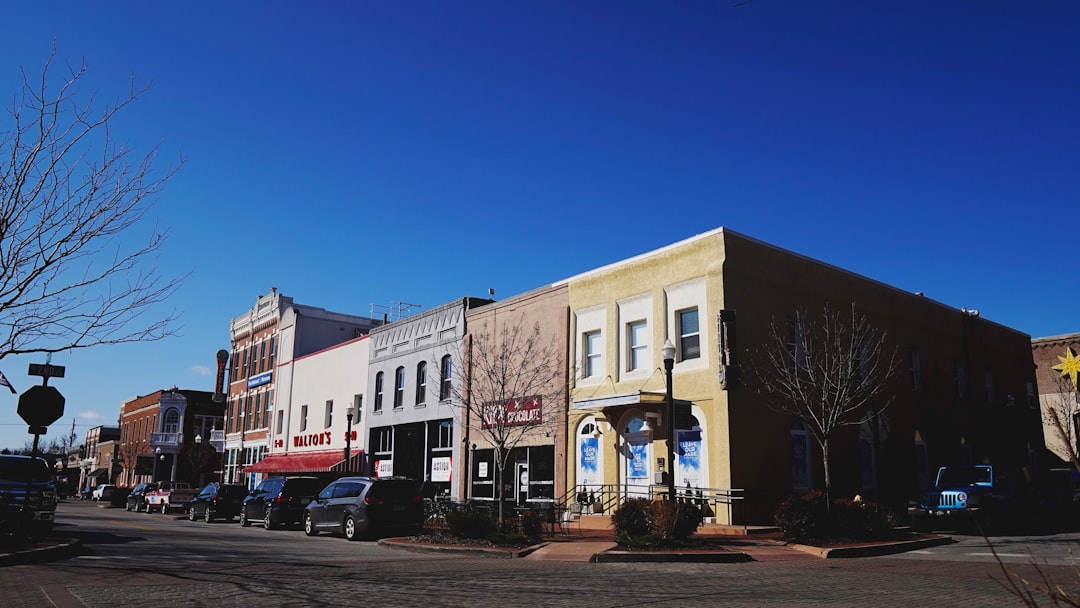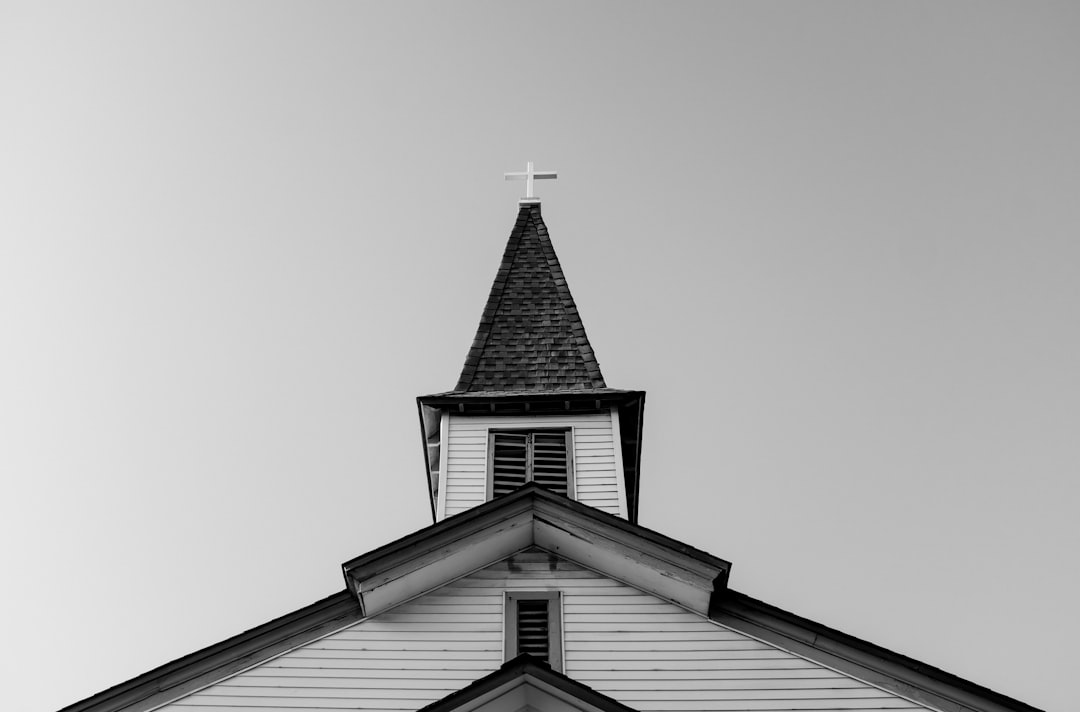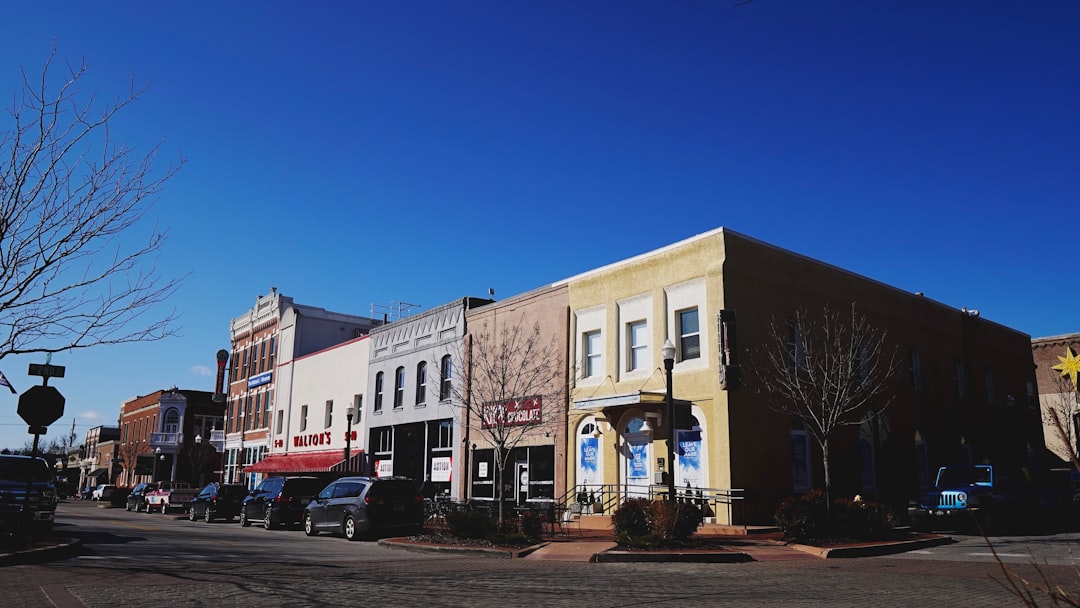Victims of clergy sexual abuse in Arkansas can find justice with specialized clergy abuse attorneys who understand state laws and church regulations. These lawyers offer crucial legal guidance, navigate statutes of limitations, and advocate for victims' rights, empowering them to heal and seek compensation. Reporting claims to authorities and consulting these experts is a vital first step towards accountability and closure.
In Arkansas, clergy sexual abuse has emerged as a pressing issue, demanding attention and action. Understanding this complex problem involves recognizing the unique dynamics within religious communities. This article delves into the intricacies of clergy sexual abuse, focusing on legal rights available to victims and the crucial role of clergy abuse attorneys in seeking justice. We guide survivors through the process, from initial steps after a claim to navigating the legal system, ensuring they have the support needed to heal and pursue accountability.
Understanding Clergy Sexual Abuse in Arkansas

In Arkansas, clergy sexual abuse refers to any form of sexual misconduct or exploitation committed by a member of the clergy against individuals within their congregation or community. This includes various actions such as unwanted sexual contact, harassment, coercion, and abuse of power for sexual purposes. Given the trusted position held by clergy members, these abuses often occur under the guise of spiritual guidance or close personal relationships.
Understanding the dynamics of clergy abuse is crucial for anyone seeking justice in Arkansas. A clergy abuse attorney can play a vital role in navigating complex legal aspects and providing support to victims. They help individuals explore their options, understand their rights, and take appropriate legal action against perpetrators. With specialized knowledge of Arkansas laws and regulations pertaining to clergy sexual abuse, these attorneys ensure that victims receive the compensation and closure they deserve.
Legal Rights and Resources for Victims
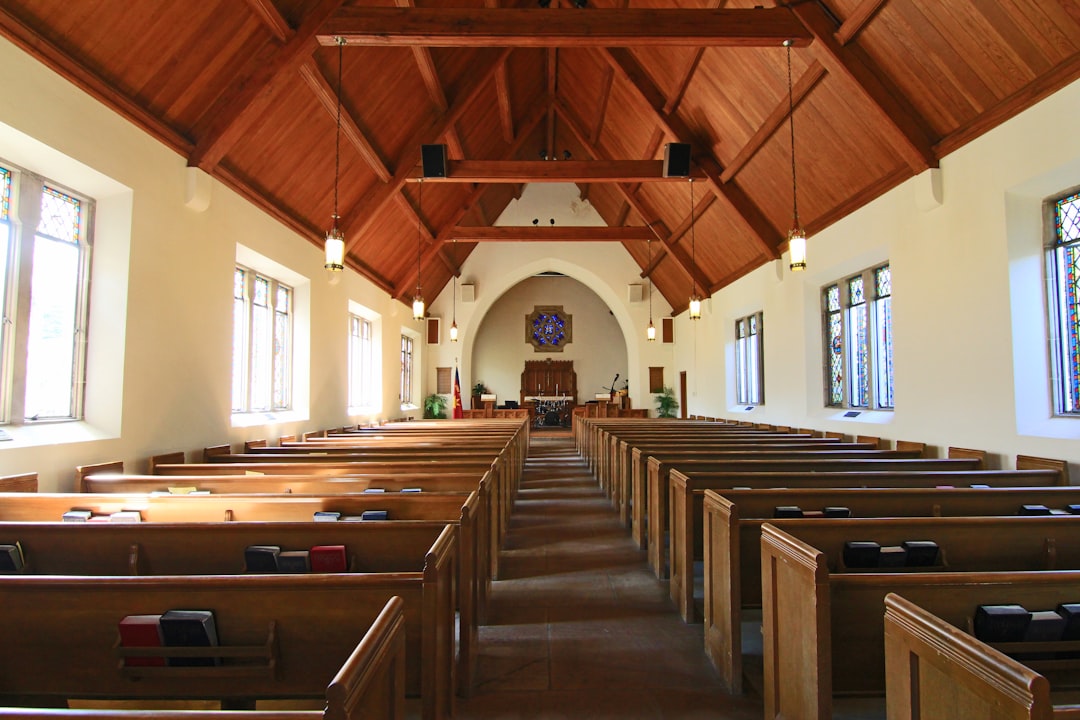
If you or someone you know has experienced sexual abuse at the hands of a clergy member in Arkansas, it’s crucial to understand your legal rights and available resources. The first step is to reach out to a clergy abuse attorney Arkansas who specializes in these cases. They can provide guidance tailored to Arkansas state laws, which may include statutes of limitations and specific procedures for filing a claim or lawsuit against the abuser and any responsible institutions.
Support services are also vital during this difficult time. There are organizations dedicated to assisting victims of clergy sexual abuse, offering counseling, legal aid, and advocacy. These resources can help individuals heal, regain control of their lives, and seek justice. Remember, seeking help is not a sign of weakness but rather an act of courage in the face of trauma.
The Role of clergy Abuse Attorneys in Arkansas
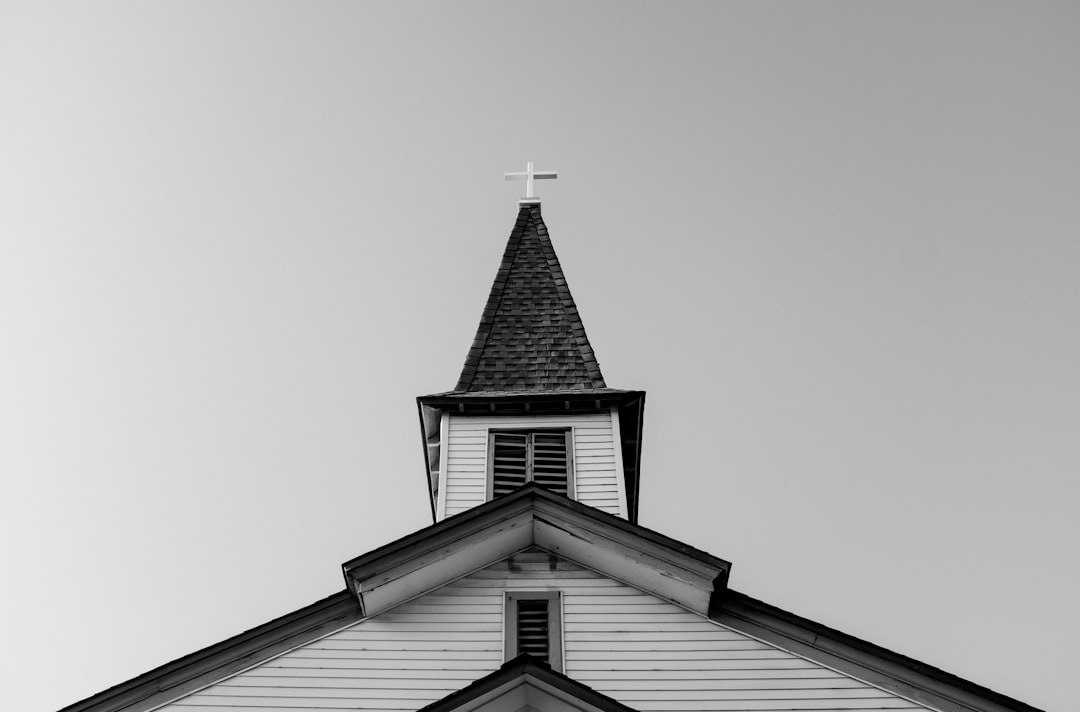
In the context of clergy sexual abuse claims Arkansas, the role of a dedicated clergy abuse attorney is invaluable. These legal professionals are equipped to handle complex cases involving allegations against religious leaders and institutions. With intricate knowledge of state laws and church-specific regulations, they offer specialized support to victims seeking justice and resolution.
Arkansas clergy abuse attorneys play a crucial part in navigating the legal system on behalf of clients. They guide victims through the often challenging process, ensuring their rights are protected. By thoroughly investigating claims, gathering evidence, and negotiating settlements or pursuing litigation, these attorneys empower survivors to take control and seek healing from the trauma they’ve endured.
Navigating Justice: Steps After a Claim

When facing allegations of clerical sexual abuse, it’s crucial to take immediate action. The first step is to report the claim to the appropriate authorities and seek guidance from a clergy abuse attorney in Arkansas. This legal professional can help navigate the complex legal process, ensuring all necessary steps are taken promptly. They will guide victims through the options available, which may include filing a civil lawsuit to seek justice and compensation.
A clergy abuse attorney can also assist in gathering evidence, interviewing witnesses, and constructing a strong case. They understand the sensitivity of these matters and will ensure the victim’s privacy is respected throughout the journey towards justice. It’s essential to remember that seeking help does not mean reliving traumatic experiences but rather taking control of one’s future and ensuring accountability.

